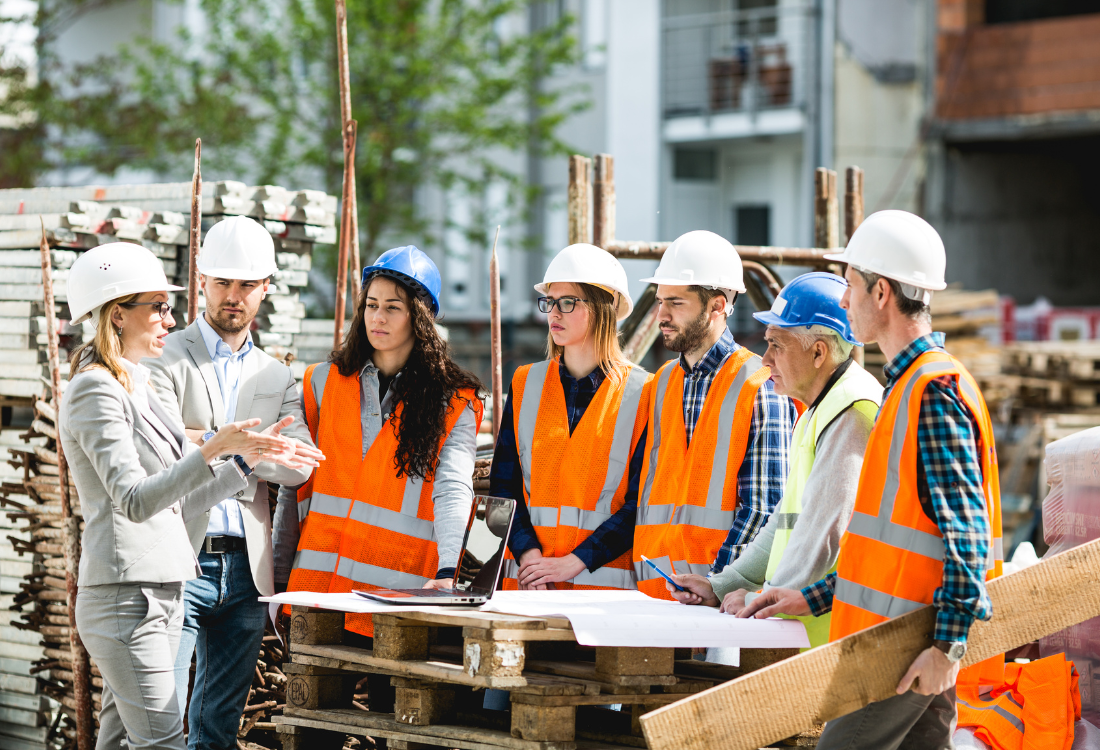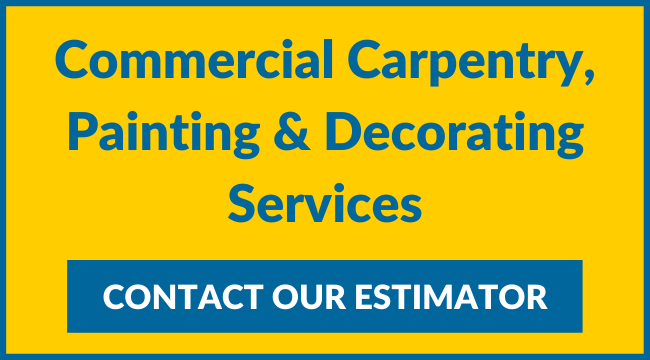
Neurodiversity in Construction Toolbox Talk
This toolbox talk highlights that construction is an industry of brilliant problem-solvers, many of whom are neurodivergent (having conditions like ADHD, Dyslexia, or Autism). We know this because surveys suggest as many as 1 in 4 construction workers are neurodivergent, drawn to the sector's demands for 3D thinking, pattern recognition, and hyperfocus. These traits represent a "spiky profile" of exceptional strengths that drive innovation and quality on site. To leverage this cognitive strength, we must commit to simple, visible support—like providing noise-cancelling headphones, offering written instructions, or establishing a quiet break space—and encourage an open culture where everyone feels safe to ask, "What would make my job easier right now?" By doing so, we fulfill both our legal and moral obligations, making the site safer, smarter, and more productive.
Additional information for managers and supervisors presenting this Toolbox Talk
Toolbox Talk
Goal: To understand that many critical construction skills are linked to neurodiversity, and how small actions can support our colleagues and improve site performance.
(5 minutes) The Setup: Why Are We Talking About Brains?
"Good morning everyone. We’re here to talk about something that's probably already on this site, and it’s one of our biggest strengths: how our brains are wired."
"Every single person here is a brilliant problem-solver. You look at a 2D drawing and see a finished 3D structure. You can spot a pattern in a mountain of data, or figure out a creative fix when the plans go wrong. That ability—that special kind of thinking—is often linked to something called Neurodiversity."
"What is Neurodiversity? It just means there's a natural variation in the human brain. We have different heights, different hair colors, and we have different ways of processing information."
"Most people are 'neurotypical,' but a significant number are 'neurodivergent'—meaning their brains are wired differently. This often leads to pronounced, exceptional strengths, alongside specific challenges. Think of conditions like ADHD, Dyslexia, and Autism."
"Here’s the astonishing stat for our industry: In the general population, about 1 in 7 people are neurodivergent. In construction, it’s closer to 1 in 4, and possibly as high as half on some sites. This is a massive part of our workforce."
(5 minutes) The Advantage: Our 'Superpowers'
"These conditions aren't a weakness; they are why some of the best people are in construction. We call it a 'spiky profile': areas of incredible strength next to areas of genuine struggle."
"Let's look at the strengths we rely on every day, which are often linked to neurodiversity:"
- 3D Thinking & Spatial Awareness: "Who here can look at a set of blueprints and immediately see the finished, complex 3D pipe run or steel structure in their head? That ability to mentally rotate and visualize is a massive advantage—and it’s a hallmark of many neurodivergent thinkers."
- Pattern Recognition: "Who’s the person who always spots the tiny error in the spec, or sees the risk forming before it even becomes a problem? That ability to spot patterns others miss is how we maintain quality and prevent massive delays."
- Hyperfocus: "When the pressure is on, who can lock in and dedicate intense, sustained attention to finish a complex task perfectly? That intense focus is an invaluable skill on deadline."
"We need these strengths. We shouldn't try to change the brain; we need to change the environment to let those strengths thrive."
(5 minutes) Actionable Support: What Can We Do Today?
"The struggles for neurodivergent colleagues are real, but often invisible. It could be difficulty with planning, getting overwhelmed by a loud site, or anxiety from sensory overload."
"We can make huge a difference with simple adjustments. This isn't about massive paperwork; it’s about good teamwork and communication. I need everyone to commit to two things:"
- Be a 'What If' Leader: "When someone is struggling with time management, a new process, or a noisy area, don't just jump to judgement. Instead, ask: 'What would make your job easier right now?' The answer might be a small thing like noise-cancelling ear defenders, or getting written instructions instead of a verbal list."
- Promote Openness: "Let’s create a culture where people feel safe to ask for support. If you or a colleague needs something—a quiet break space, a different way of receiving instructions—you have a legal right to reasonable adjustments, and we have a moral responsibility to help. If you need support, please talk to your supervisor or Foreman/woman. We are here to help."
Conclusion: "Construction is built by brilliant minds. By understanding and supporting our neurodiverse colleagues, we’re not just being inclusive, we are making our site smarter, safer, and more productive. Thank you."
Sign-Off/Discussion:
- Ask: "Does anyone have an example of a small adjustment they've used that made a big difference to their focus or job?" (Use this to drive home how simple these changes can be).
- Action: Distribute a brief leaflet with key contact numbers (e.g., Construction Industry Helpline) for anyone who needs confidential support. - view resources here
Click on the categories below to find out more about:

Connect with Us
Share this Page
More Posts
Recent Posts
- Breathe Easy, Work Safe: The RPE Every Site Worker Needs
- From Site to Strategy: Simon Mead Promoted to Associate Director at SC4
- SC4 named Cala Contractor of the Month, October 2025
- Why is Neurodiversity so important in Construction?
- Our Favourite Carpentry Project Of 2024: Cromwell Court, Old Basing
- Case Study: Timber Frame Installation in Netley Grange, Southampton